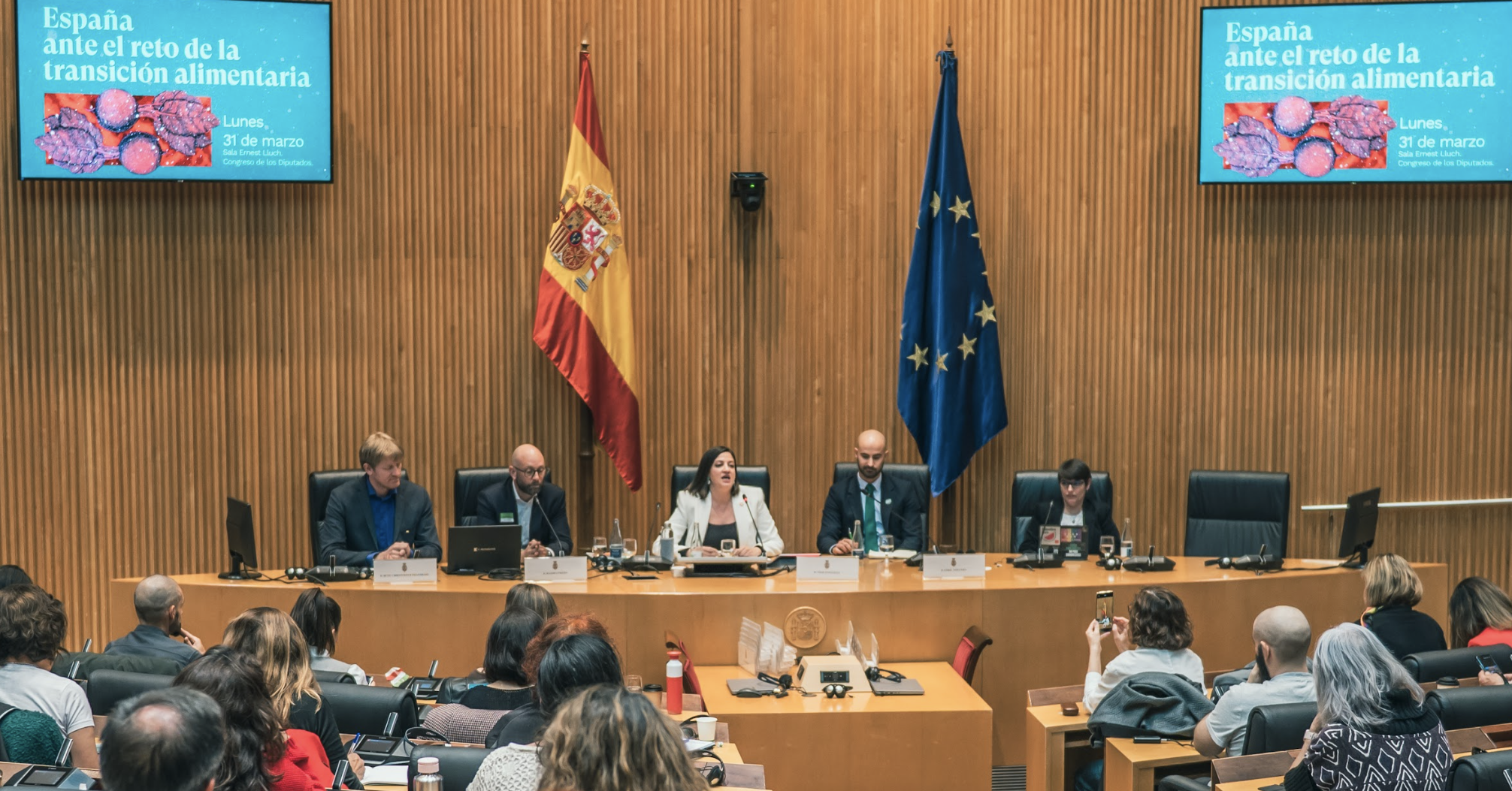About FarmSTAND
How our society produces, distributes, and consumes food impacts everyone. Right now, that system consistently produces harm to maximize profit. A handful of corporations have consolidated control over all aspects of the food system, including shaping laws that let them exploit animals and the environment, as well as consumers and workers – often concentrating the worst harms on the most vulnerable communities.
Our food system should nourish people and protect animals and the environment – not just exist to further enrich wealthy corporations.
FarmSTAND is the only legal project in the country dedicated solely to taking on industrial animal agriculture. We’re focused on dismantling the structures that enable the consolidation of corporate power and extractive practices in our food system and we support a vision of animal agriculture that is regenerative, humane, and owned by independent farmers. We believe we cannot make change alone and that we must align ourselves with allies across movement sectors. In these partnerships, we combine litigation with base building and storytelling to create meaningful change.
From protecting our land, water, and animals, to standing up for the rights of workers and food producers, dismantling industrial animal agriculture moves us all closer to the world we want to see.
About the position
This is a two-year fellowship position running from approximately Fall 2025 until Fall 2027, with precise dates to be determined between FarmSTAND and the accepted candidate. The fellow will work with FarmSTAND’s legal team to develop and implement litigation consistent with the organization’s mission. Except for amicus briefs, nearly all of our litigation begins in state and federal trial courts, although we regularly pursue matters through appeal, including to the U.S. Supreme Court. Our docket currently consists of claims on behalf of farmers and farm workers, environmental suits, false advertising claims, and constitutional challenges to laws seeking to strip workers and advocates of their rights. We seek to build our cases to enhance the power of allies, using litigation as a tool to further their campaigns, and to promote an alternative narrative for how the food system can operate. You can read more about our work on farmstand.org.
Key responsibilities
- Work with attorneys during the investigation, development, and litigation of potentially complex cases;
- Assist in review of requests for representation, and develop appropriate amicus briefs and special legal projects;
- Engage in outreach to allies and partners, and work with coalitions and collaborative networks;
- Assist with communications efforts on assigned cases and other topics, including blogs, press releases, and other news vehicles;
- Oversee legal interns and externs on assigned tasks; and
- Participate in organization-wide planning initiatives.
Desired skills - Superb analytical, legal research, legal writing, and speaking skills;
- Ability to juggle multiple tasks at a time;
- Self-motivation and proven ability to work independently;
- Ability to work well with others and diverse groups;
- Excellent attention to detail and commitment to follow-through;
- Willingness to travel for several weeks per year; and
- Ability to be admitted to the D.C. bar within one year of starting the position.
Work structure: This is a full-time, exempt position. Salary offer will be dependent on years out of law school, but is a minimum of $81,000.
Location: Remote
Benefits: We provide an outstanding benefits package that includes 14 days of annual leave, 8 days of sick leave, and holidays; employer-paid health, dental and vision insurance; a 401(k) plan with an employer contribution and more!
To Apply: Send your cover letter, resume, law school transcript, and a writing sample to jobs@farmSTAND.org. Writing samples are ideally argumentative pieces and should note the extent to which they have been edited by others. Applications will be considered starting September 30, 2024, and then on a rolling basis.
FarmSTAND is an equal opportunity employer and values a diverse and progressive workplace. Studies have shown that women and people of color may be less likely to apply for jobs unless they meet every one of the qualifications listed. We are most interested in finding the best fit, not completing a checklist. We encourage women, people of color, LGBTQ applicants, people with disabilities, to apply.



